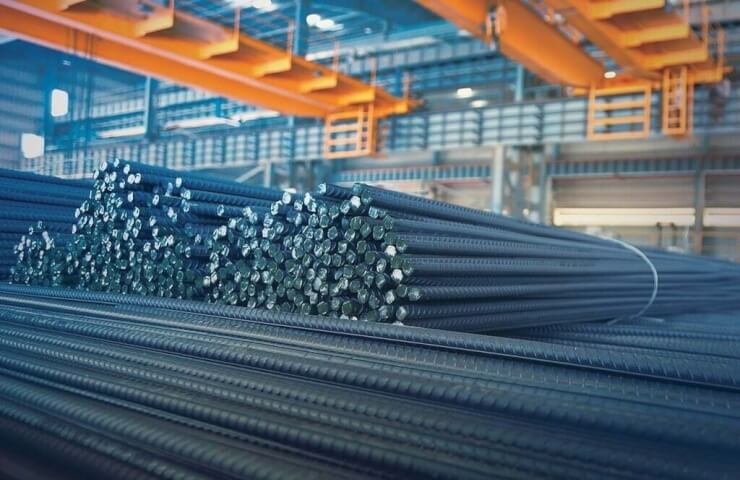Weak global construction demand and fiscal headwinds leave no hope for long product price support this year, market participants said at the 88th meeting of the International Rebar Exporters Association this week. Regions with strong growth potential are likely to be weakened through 2024, while macroeconomic conditions hamper the major economies.
China's steel demand may have passed its historical peak after last it has been hit hard by the zero-spread Covid policy over the years, said Frank Zhong, deputy general manager of Worldsteel. China's expected gross domestic product growth of 8% this year will be mainly driven by private consumption, while fixed investment is likely to remain stable and no further drastic stimulus measures are expected this year. Zhong added that a significant drop in real estate investment since the beginning of 2022 has affected overall construction investment in China, offsetting an increase in infrastructure investment.
In North Africa and the Gulf countries, the growth in rebar consumption in 2023, probably won't change, said Ahmed Ezz, chairman of Egyptian steelmaker Ezz Industries. Higher consumption in Iraq, Libya and Yemen is expected to offset the fall in rebar consumption in Algeria, as Algerian investment has recently been focused on export-oriented steel capacity. But rebar demand in the region could continue to grow rapidly in 2024 or 2025, Ezz said. Egypt, in particular, could consume about 3-4 million tons per year in the long term if government restrictions on private construction introduced to protect agricultural land were lifted.
Europe's construction sector is expected to remain weakened by high energy prices and interest rates until at least the end of the year. While infrastructure projects in northwest Europe will continue to create demand, the private housing sector is suffering. Of the planned 400,000 apartments planned for construction in Germany this year, only half are expected to be built, a market participant said. “South European rebar manufacturers are operating at about 60% capacity but are still scrambling for orders,” he added.
The outlook for rebar demand in the US in 2023 is hazy as construction projects slow down due to a lack of funding . The failure of several medium-sized US banks over the past few months has had a disproportionate impact on the construction sector, with most projects funded by medium-sized banks rather than large ones, the trader said. And with the addition of new capacity, any additional US demand could be covered by domestic production over the next few years.




